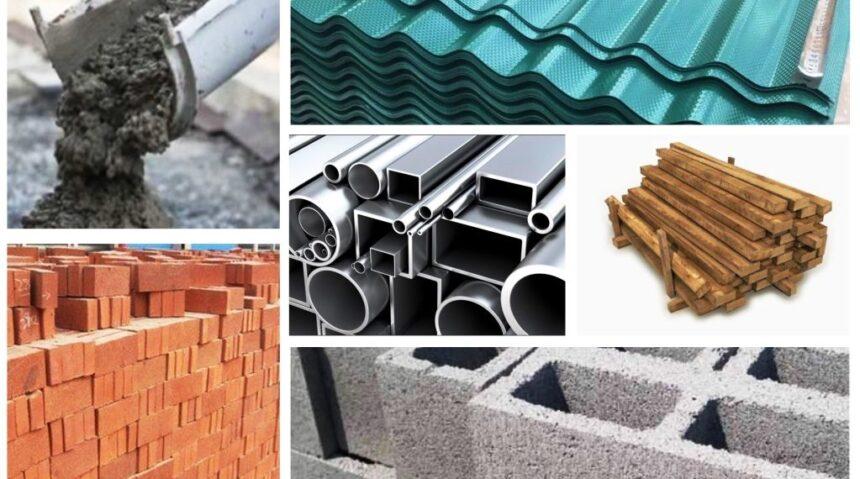Rising building material costs have made homeownership unaffordable for many Nigerians, resulting to crisis in the country’s real estate sector.
The cost of building supplies including cement, iron rods, paint, and bathroom fixtures has jumped by more than 70% over the last 15 months. This is brought on by a number of things, such as supply chain disruptions, foreign exchange volatility, and inflation.
The Nigerian housing sector is suffering greatly as a result of the increased cost of construction supplies. Construction costs are tough for prospective homeowners to afford, and it is challenging for developers to create new homes at a profit.

Nigeria has a significant housing shortage, thus this is a severe issue. The World Bank estimates that Nigeria would need to construct 20 million additional dwellings by 2030 to accommodate its expanding population.
A few measures have been taken by the Nigerian government to address the issue of growing building material prices. For instance, the government has lowered import taxes on some building supplies and given social housing projects incentives.
To make housing more affordable for all Nigerians, more work needs to be done.
Some solution areas to look out for in other to solve the problem of rising building material prices include:
• Government subsidies for the social housing market
• Tax breaks for builders
• Standards and price controls on building materials
• Strategic inventory management by the government
Addressing the problem of rising building material prices is essential to ensuring that all Nigerians have access to affordable housing.
Read Also: Africa Housing News as Best Housing News Platform in Nigeria



